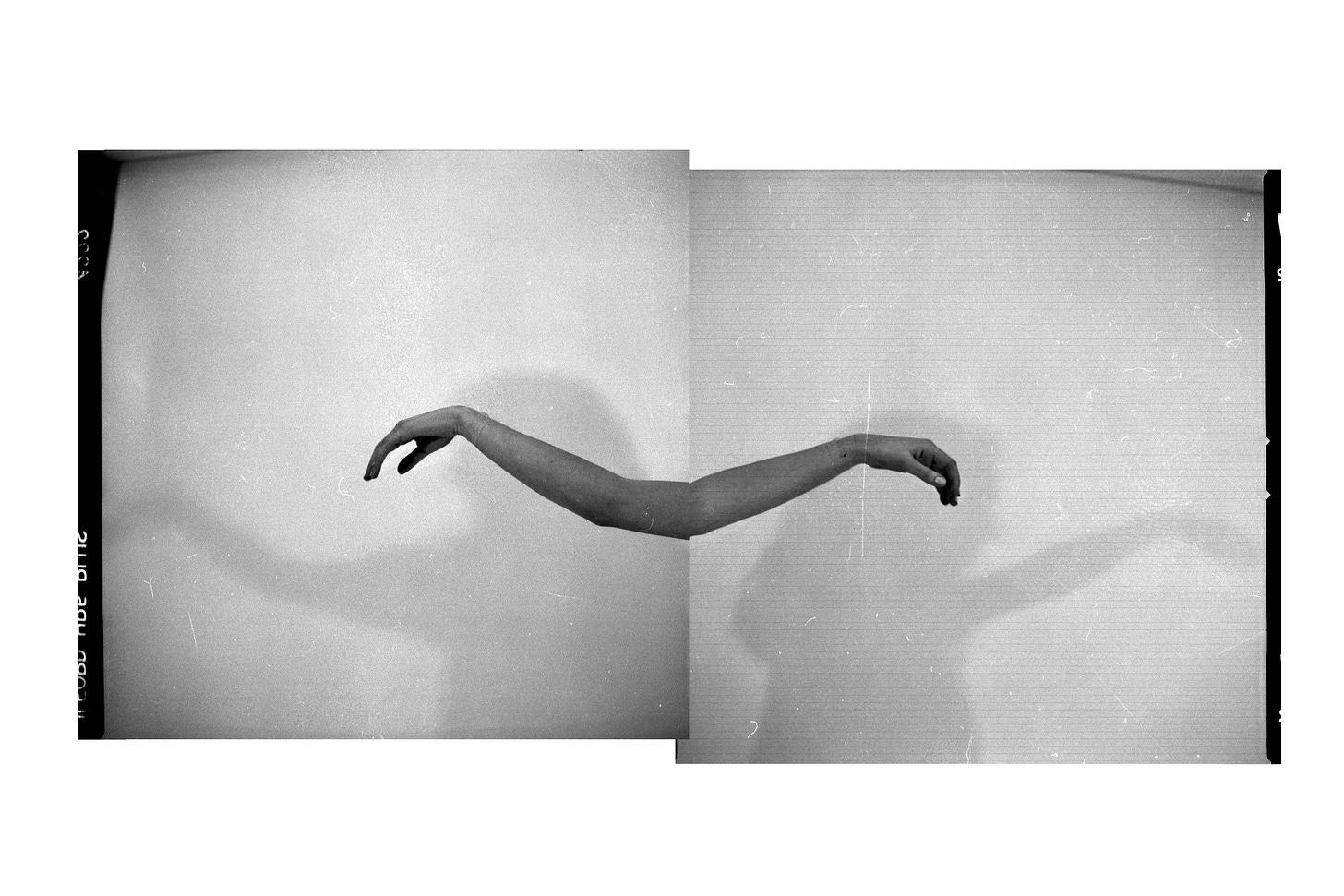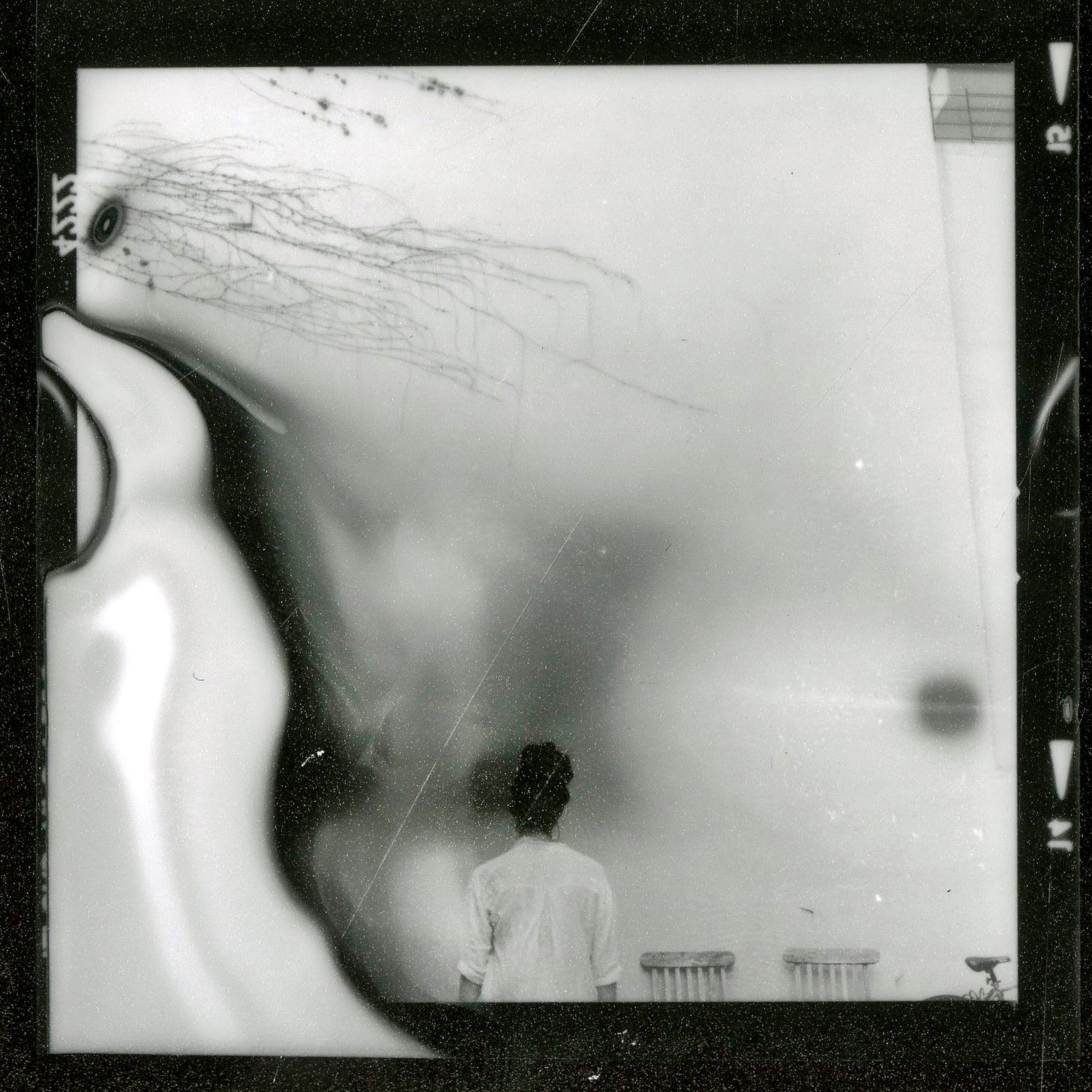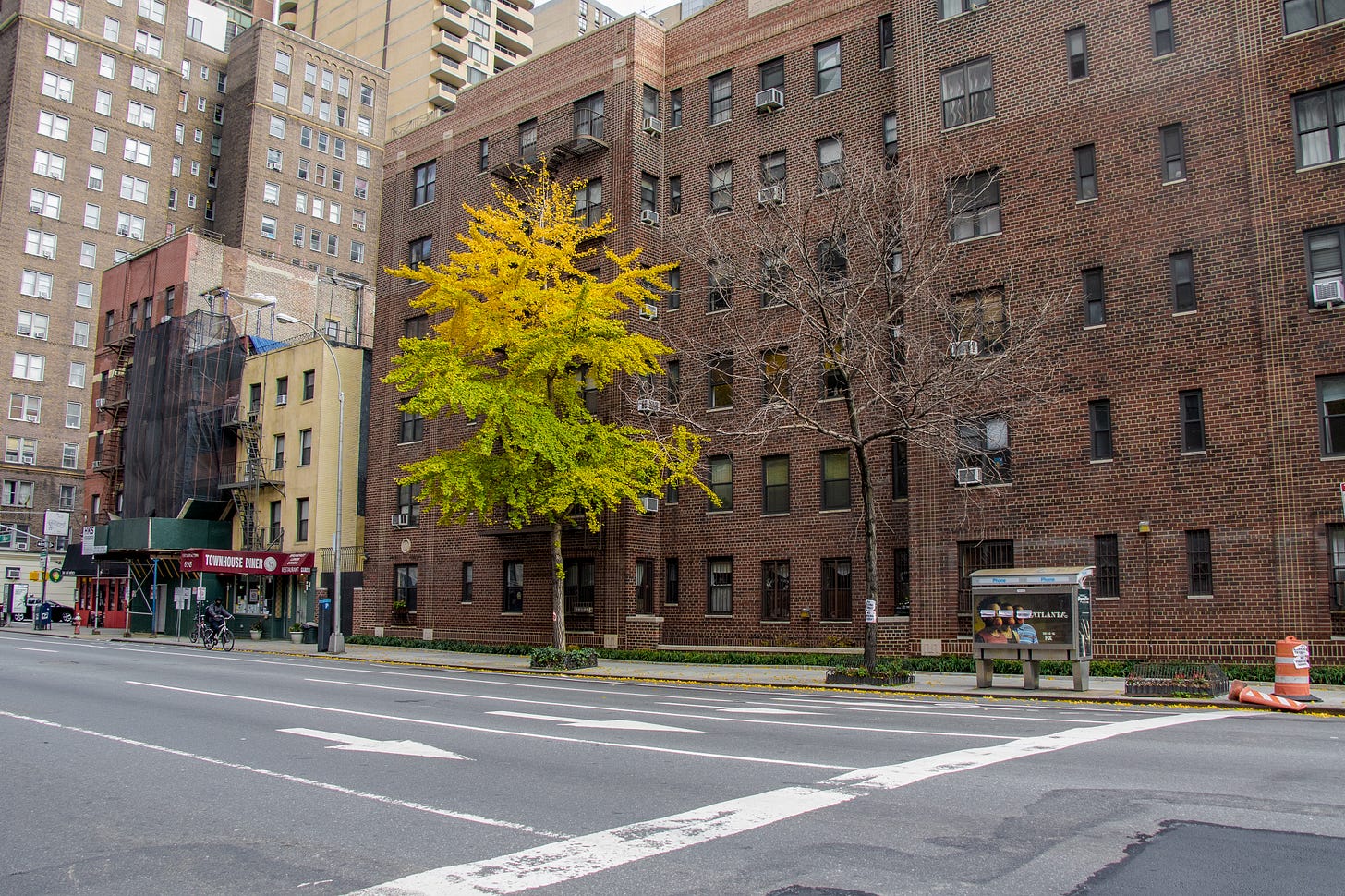
When Rihanna first heard about the concept of a sequel to “Love the Way You Lie,” she was “completely against it,” as she told MTV in 2010. It was only after she heard Skylar Grey’s “broken-down” piano version that she agreed. Her worry, MTV writes, was not being able to replicate the magic of the original, but the sequel had a different sort of magic.
“Love the Way You Lie (Part II)” eventually closed out Rihanna’s fifth album, Loud, while the original found its home on Eminem’s Recovery. In the sequel, Rihanna is the primary narrator; in the toxic, abusive relationship depicted in the song, she gets to explore her conflicted grief more fully. Not a reaction to her male partner’s violence, but a main character in her own right. The song is intimate, reflective. It could not exist without its Act I, but it expands impossibly beyond it, freed from setup constraints and the pressure of condensing a story to a few minutes. There’s always room for more.
I love songs with a sequel — Lorde’s “Sober II (Melodrama),” Alicia Keys’ “Empire State of Mind (Part II),” BTS’s “Airplane pt. 2,” even Taylor Swift’s “All Too Well (10 Minute Version)” is in many ways a second act, a reconsideration as much as it is an expansion. 2012 Taylor might have written some of those additional verses, but it took 2021 Taylor to put it all together and release it into the world. It’s an act of going back while moving forward, evaluating what you previously thought or felt and seeing what else there is to explore, what new perspective you can unlock.
In June, BTS shared their annual Festa dinner party video with fans and reflected on the past decade of work they’ve put into the band (they officially debuted in 2013). While much has been made of the word “hiatus,” which showed up in the English translation, the septet wasn’t announcing a breakup. Rather, they were mapping out their history and future. At one point, leader RM says, “To put it simply. Our season one was up to ‘ON,’” their anthemic February 2020 single from Map of the Soul: 7, a subtly magnificent album that was doomed to have its trajectory cut short by the pandemic. The 2020-2021 singles “Dynamite,” “Life Goes On,” “Butter,” and “Permission to Dance,” existed as an interlude where they shifted their priorities toward “making an impact on the charts and the public,” RM shared.
Now, the group is shifting once more — taking serious stock of who they are as people outside of their art, how they’re maturing, and what they imagine their next move could look like. “We're trying to find our identity and that's an exhausting and long process,” Jimin said in the video. J-Hope used the phrase “second chapter” to describe what they’re doing next, which is a heightened focus on individual projects while still growing as a collective. “BTS chapter two” has become the colloquial phrase among fans to share what they’ve been up to since, whether it’s partying with their music industry friends or releasing a solo album.
This past month I’ve kept thinking about chapter two, and how it feels sort of endless, a continuous splitting point from the way you were living and the way you’re going to live now. The moment you first move from individual identity to collective identity, and then back again. Obviously I’ve never been in a globally successful music group, or even a teenage garage band (though I desperately wished to be part of one), but there’s a common thread in that movement from group to individual. I think about how enmeshed I was in my high school youth group — I was the kid who spent five nights out of the week at church willingly. It was my identity, it was where I felt seen and valued, it was where I made deep friendships and where I could be vulnerable. But gradually, I found identity in different things: my college newspaper, new friends, personal writing, and people I admired and learned from who didn’t fit with some Christian churches’ definitions of who was allowed to be there. My first relationship, and uncovering queerness in my own life, and finding out that identity could be something limitless, something always being discovered. Learning how to be an adult, and how to build up a collective all over again, that vital community that makes everything a little easier to bear. Chapter two happens again and again and again.

But before and after occurs without you even realizing it most of the time; things slip out of your grasp before you know what’s taken place. Then there are the big divisions, the distinct marking points of trauma and grief that change everything forever.
The poet Ocean Vuong illuminated his own grief after the death of his mother like this, calling it “the last and final translation of love,” the one you get to spend the rest of your life translating. “And ever since I lost her, I felt that my life has been lived in only two days, if that makes any sense,” he told NPR in April. “You know, there’s the today, where she is not here, and the vast and endless yesterday where she was, even though it’s been three years since. How many months and days? But I only see it in — with one demarcation.”
These timelines, these shifts that we track both in the moment and years later. The chapter two that we speak into existence, the opportunity for newness and reckoning with what we’ve been taught and what we still have to learn. And the chapter two that comes to us unbidden, rattling your life just when you thought you were getting somewhere stable.
It hurts. Of course it does, each one in its own way. The agony of a sequel, that thing that prevents us from going off into the beautiful music montage just as the sun sets and staying there forever. My friend Reed has a name for when you play an album all the way through and it starts over from the beginning. The first feels like a movie, a complete narrative arc. He calls the second time the credits, when the message sinks in and we hear the repeated motif and feel our feelings about it. It always reminds me that a body of work can be its own before and after. That we can come back to something old and think about it differently, or hear what we needed to hear the second time around. And the magic there, too, that we never know what awaits us when the next song starts playing.



